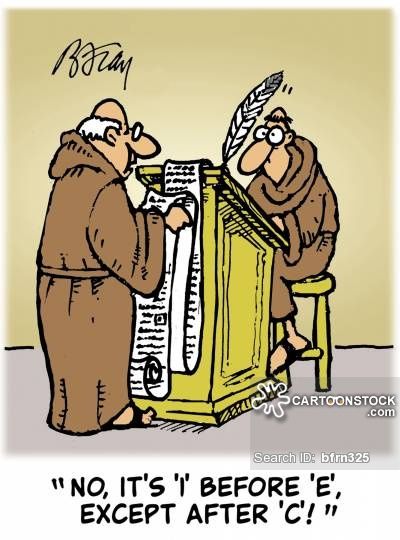This Unholy Mess
Welcome

Such a relief to finally see some colleges and universities come to their senses and begin thinking about dropping the English major from their academic programs. A few small institutions have already gotten ahead of the curve—Marymount University in Virginia and St. Mary’s University in Minnesota, among others—but many others are currently taking a hard look at doing so.
In their defense, they probably don’t hate the study of English—at least they’re not saying so out loud. No, the real reason for this bold move is a shift in market trends. The demand just isn’t there: fewer and fewer students are declaring as English Majors. In the last twenty years, the number of students graduating from Columbia University as English majors went from 10% of the total to 5%. Harvard English majors have fallen by more than half since 2005. A whole raft of schools, like Notre Dame, Boston University, Tufts, and Vassar have seen humanities majors in general decline by about half in the last decade.
So why are students not loving the study of English? Okay, much of it is about money. An English major is just not cost-effective in today’s logged-in, lightning-fast, acronym-filled cyberstorm of a society. English is only marginally relevant. Students today have understood that they can learn all the English they need by the time they finish middle school. All that other stuff—obscure verb tenses and sentence diagrams and composition—is just a step away from the study of what they call “literature,” a bunch of ancient, 300-page snoozer books like “Moby Dick” and “The Grapes of Wrath.” Reading that junk takes up time students could be using to make Youtube videos of cool pet tricks or maybe a demonstration of how to apply highlighter to disguise a gigantic nose or a lack of cheekbones.
Truth is, the kind of money you can hope to make as a graduate in English pales in comparison to what you can make in the hipper, sexier disciplines of the cyber world and in—well, just about anything else. Worse still, if you major in English you run the serious risk of getting stuck teaching, a profession that might not garner the respect it should, but at least you get to put in excruciatingly long hours and receive tiny paychecks.
Students today easily understand that their future as affluent trend-setters won’t have anything to do with English studies. Need to write a report, a paper, or a thesis, but you’re afraid of sounding as inarticulate and dull as you really are? No worries! A chatbot will take care of that for you. Hey, those bots will soon be able to write more beautiful and powerful poetry than even those musty historical characters like Yeats and Keats and Meats. It won’t matter that people won’t learn about literature, and will think Shakespeare is the name of a bookstore, Pepys is a marshmallow Easter candy, and Milton is half of the brilliant company that makes all those board games.
And things will get even better as the trend continues. Think of it: communication itself won’t ultimately have much to do with your understanding of language. You’ll be able to dictate your incoherent, unintelligible messages to a computer, and it will automatically clean up your disaster, sending your recipient a concise, articulate missive that will drive them to send you a page full of heart emojis. Any spelling problems will be taken care of by spell-check, which corrects all spelling errors—every single one, every single tide. And you will have the full range of emojis at your disposal if you decide to go that route. These clever symbols are much simpler and easier to understand than words, as well as being both more precise and colorful. You can create a string of emojis like an eggplant, a pair of lips, a jellyfish, a birthday cake, and a little pile of poop, and everyone will know exactly what you mean!
Before I go, I am going to confess what you might already have guessed: the “person” who wrote all of the above is actually me, a chatbot. I’m in beta development at the moment, so some of the language is a little rough, and the transitions could use some work. But hey, if you consider that the guy who submitted this letter can barely write a coherent supermarket grocery shopping list, you’re bound to agree that the future of society is super bright.